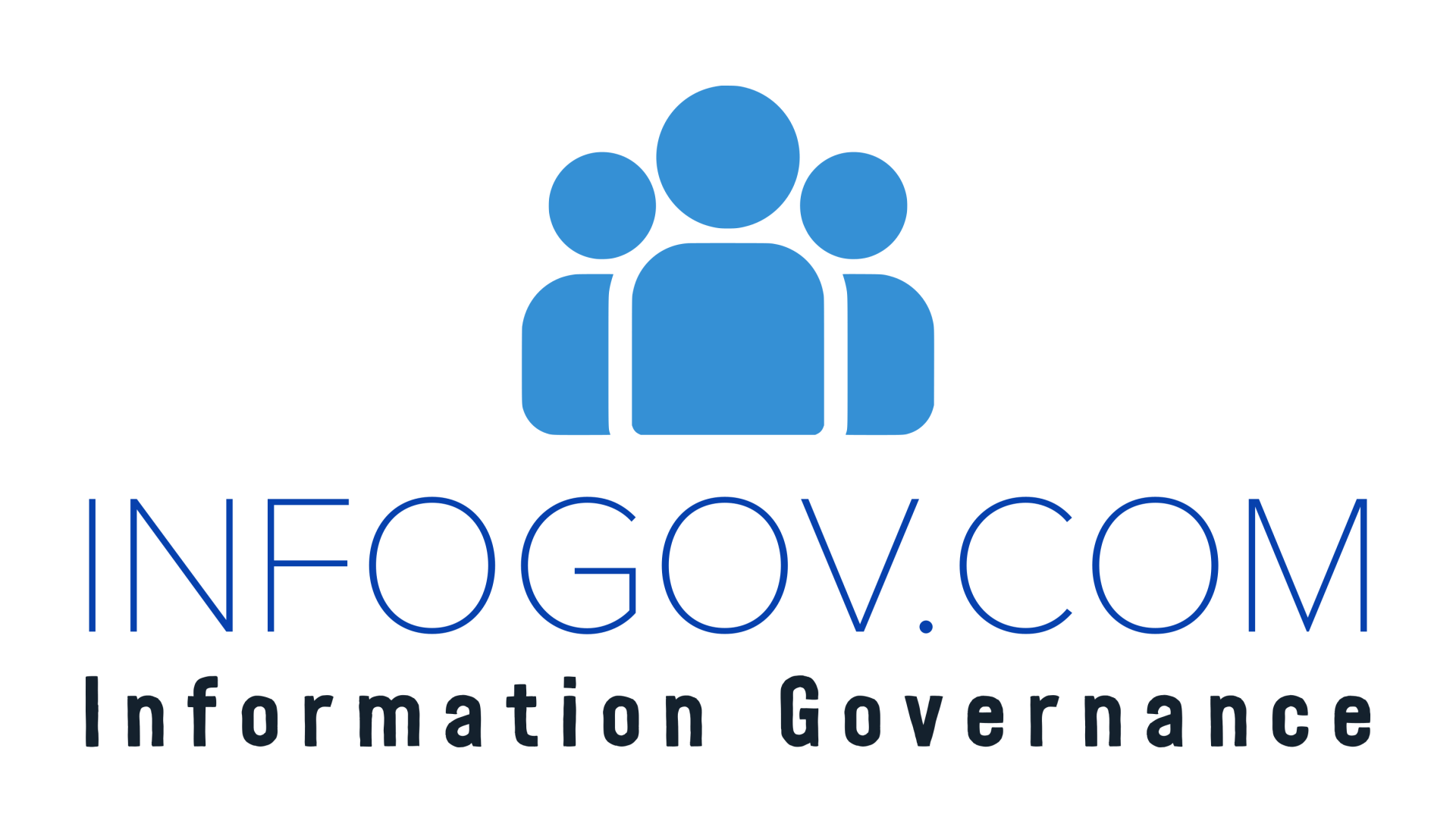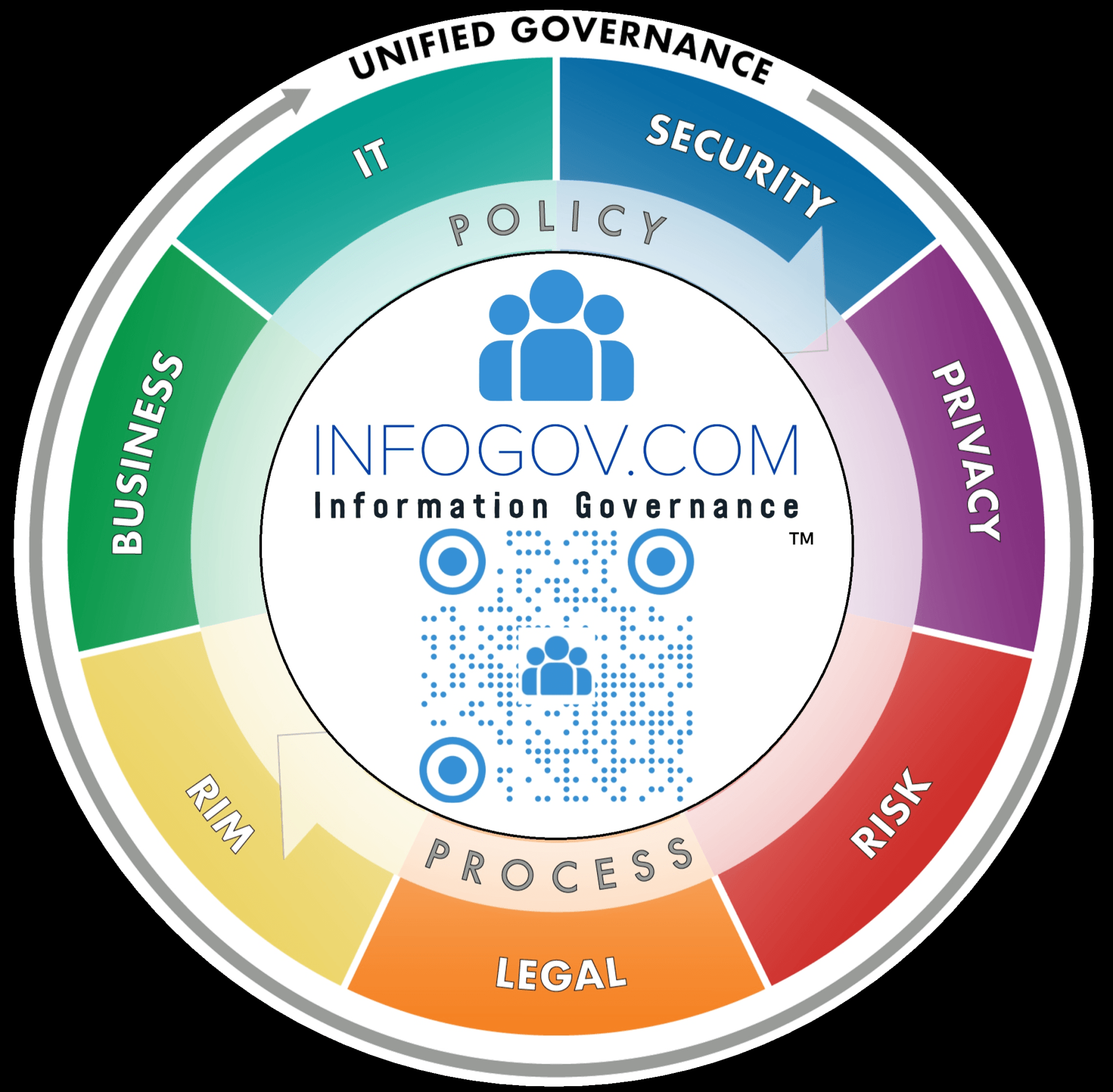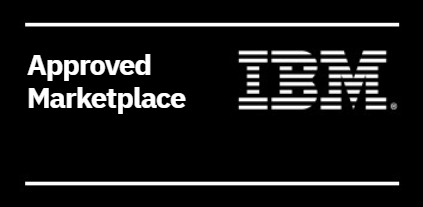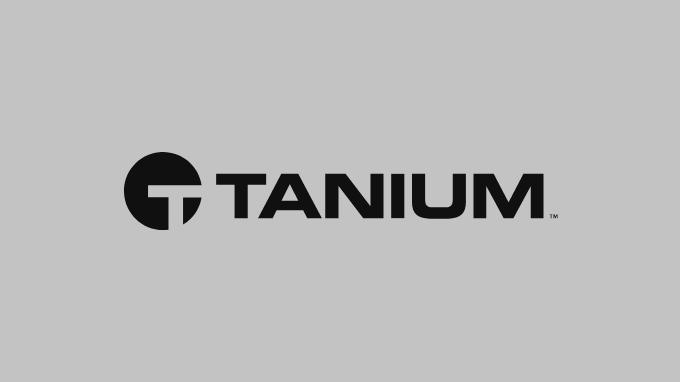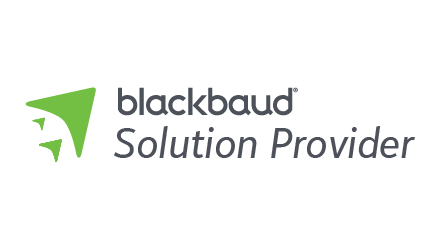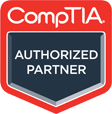INDUSTRY SERVICES
Proved Industry Experience
List of Services
-
Healthcare Organizations
The healthcare industry is facing significant challenges related to data management, including compliance with complex regulations, protecting patient privacy, managing large volumes of sensitive data, and preventing data breaches. The industry is also struggling to implement new technologies and workflows while maintaining data integrity and security.Healthcare Organizations
-
Financial Services Companies
Banking and financial services institutions are facing significant challenges in managing their rapidly growing volume of data, while also ensuring that they comply with an increasingly complex regulatory landscape. The industry is heavily regulated, and any data breaches or non-compliance can lead to significant financial and reputational damages.Financial Services Companies
-
Chemical Companies Chemical companies often face significant regulatory and compliance requirements related to the handling and storage of sensitive and hazardous materials. These companies must manage a vast amount of data and information related to chemical composition, safety protocols, environmental impact, and legal compliance. Failure to effectively manage this information can lead to regulatory fines, legal disputes, and reputational damage.Chemical Companies
-
Construction Companies Construction companies deal with vast amounts of information, from project plans, building codes and permits, to employee records and financial information. Managing this information can be challenging, especially when it comes to ensuring its accuracy, security, and compliance with legal and regulatory requirements. Additionally, with increasing competition and pressure to complete projects on time and within budget, construction companies must be able to access the right information at the right time to make informed decisions.Construction Companies
-
Natural Resource & Materials Companies The natural resource materials industry faces numerous challenges related to information governance, including managing complex regulatory compliance requirements, the management of large amounts of data, and the risk of data breaches and cyber-attacks. These challenges are further compounded by the fact that these companies operate in remote locations with limited IT infrastructure, making it difficult to manage data effectively.Natural Resource & Materials Companies
-
Consumer Product Companies Consumer product companies are facing an increasingly complex and dynamic business environment, where they need to manage a vast amount of data and information while complying with various regulations and protecting sensitive consumer data. Information Governance is crucial in this industry, as it helps to ensure the quality, security, and compliance of the data and information used in the business operations. However, many consumer product companies are struggling to develop effective Information Governance practices due to the complexity and diversity of their business processes, data sources, and IT systems.Consumer Product Companies
-
Higher Education Institutions Higher education institutions face various challenges when it comes to managing vast and complex data assets. Educational institutions typically generate and collect a large amount of data, including student records, faculty information, research data, financial records, and more. Managing this data effectively is crucial for ensuring compliance with various regulations, protecting sensitive information, and enabling effective decision-making.Higher Education Institutions
-
Energy Companies The energy sector is under significant pressure to reduce its environmental impact and improve sustainability. Companies are facing challenges related to changing regulations, data management, and data security. Failure to address these challenges can lead to regulatory non-compliance, reputational damage, and financial losses.Energy Companies
-
Food & Beverage Companies The food and beverage industry faces significant challenges related to information governance, including managing large volumes of data, maintaining compliance with complex regulations, and protecting sensitive consumer information. Many companies lack the expertise and resources to effectively address these challenges.Food & Beverage Companies
-
Government Agencies Government agencies face several challenges in managing and governing their vast amounts of information. The nature of their work requires them to collect, store, and share sensitive and confidential data across various systems, platforms, and departments. This complexity leads to challenges related to data integrity, accessibility, security, privacy, and compliance.Government Agencies
-
Industrial Electronics & Electrical Engineering Companies The Industrial Electronics & Electrical Engineering industry faces numerous challenges related to managing and governing their information effectively. Some of the primary challenges include: Managing large volumes of sensitive and confidential data related to clients, products, designs, and engineering processes Ensuring compliance with various regulations and standards such as NIST, ISO, and GDPR Protecting intellectual property and trade secrets from cyber threats and data breaches Improving collaboration and knowledge sharing across multiple lines of business and geographies Efficiently managing records and data to enable effective decision-making and risk managementIndustrial Electronics & Electrical Engineering Companies
-
Industrial Manufacturing Companies The Industrial Manufacturing industry faces a range of challenges that can impact their operations, profitability, and regulatory compliance. These include issues related to data privacy and security, regulatory compliance, data quality, and information management across lines of business.Industrial Manufacturing Companies
-
Insurance Companies The insurance industry is facing several challenges when it comes to managing information effectively. These challenges include data breaches, regulatory compliance, litigation, data quality issues, data integration, and data governance. To address these challenges, insurance companies need a comprehensive information governance strategy that covers all aspects of information management, from data collection and storage to analysis and disposal.Insurance Companies
-
Media & Entertainment CompaniesMedia & Entertainment Companies
The media and entertainment industry is facing numerous information governance challenges due to the vast amount of data being generated by the sector. These challenges include: Regulatory compliance: The industry must adhere to various regulations such as copyright, content licensing, and data protection laws. Intellectual property protection: The industry relies heavily on intellectual property rights such as trademarks, copyrights, and patents to protect their content. Cybersecurity threats: The industry is a frequent target of cyber attacks and data breaches due to the value of their content and the personal information of their customers. Data explosion: The growth of digital media has led to a massive increase in data volumes, which need to be properly managed and stored.
-
Pharmaceutical Companies The pharmaceutical industry is highly regulated and generates large amounts of sensitive and confidential information that must be managed and protected properly. Failure to manage this information properly can result in significant legal and financial penalties, reputational damage, and loss of intellectual property. The industry is also facing increased pressure to manage data privacy and security in a time of heightened cyber threats.Pharmaceutical Companies
-
Medical Device & Products Companies The medical device and products industry faces several challenges in managing their data and information. One of the biggest challenges is ensuring compliance with various regulatory requirements, such as HIPAA, FDA, and GDPR. Additionally, medical device companies must manage a large amount of sensitive information, including patient data, clinical trial data, and intellectual property. Failure to properly manage this information can result in significant legal, financial, and reputational consequences.Medical Device & Products Companies
-
Professional Services Companies (PSCs)Professional Services Companies (PSCs)
Professional services companies (PSCs), such as law firms, accounting firms, human resource firms, consulting firms, and engineering firms, face a variety of information governance challenges due to the nature of their business. These firms generate and manage vast amounts of sensitive information, including confidential client data, intellectual property, and proprietary business information. At the same time, they must comply with a variety of regulatory requirements and maintain the security and privacy of their clients' data. Failure to manage this information effectively can result in significant risks and liabilities, including regulatory fines, data breaches, and reputational damage.
-
Retail and Wholesale Companies Retail and wholesale companies are challenged with managing vast amounts of data and information from various sources such as point-of-sale systems, customer loyalty programs, e-commerce platforms, and supply chain operations. The ability to effectively govern this data is critical for these companies to make informed decisions, improve customer experiences, and stay ahead of the competition.Retail and Wholesale Companies
-
Software Companies The software industry faces several challenges when it comes to managing information effectively. These challenges include: Rapidly changing technology: With new technologies emerging every day, software companies must keep up with the latest advancements to remain competitive. However, this also means that they must manage a vast amount of data, including software code, customer data, and intellectual property, among others. Compliance with regulations: The software industry is subject to various regulations, including data privacy and security laws such as GDPR, CCPA, and HIPAA. Failing to comply with these regulations can result in significant legal and financial consequences. Managing risk: Software companies must manage risk effectively to ensure that their products are safe and reliable. This includes identifying potential risks and developing strategies to mitigate them.Software Companies
-
Telecommunications Companies The telecommunications industry is facing a range of challenges related to information governance, including managing data volumes, ensuring data accuracy and quality, meeting regulatory requirements, and protecting sensitive data.Telecommunications Companies
-
Nonprofit Organizations Nonprofit organizations are facing increasing pressure to be transparent and accountable in their operations and decision-making processes. They must effectively manage their information assets while ensuring compliance with legal and regulatory requirements. Failure to do so can result in reputational damage, financial penalties, and loss of donor trust.Nonprofit Organizations
-
Travel & Hospitality Companies
The Travel & Hospitality industry is undergoing rapid transformations as it generates more and more data from a variety of sources, such as customer bookings, loyalty programs, and online reservations. This tremendous amount of data presents significant challenges for companies in terms of managing, protecting, and leveraging their information assets. Businesses in the industry must tackle key information governance issues to comply with privacy regulations, reduce data security risks, streamline legal and records management processes, and optimize data-driven decision-making across various business lines.Travel & Hospitality Companies
-
Sports & Fitness Organizations
The Sports and Fitness industry faces challenges in efficiently managing diverse data, including athlete performance stats, customer profiles, regulatory compliance, and protecting health information. Organizations in this sector struggle to establish solid data governance frameworks for maintaining data integrity, security, and compliance while using data strategically.
Sports & Fitness Organizations
-
Real Estate Businesses
The Real Estate industry faces significant challenges in managing vast amounts of sensitive information efficiently and securely. With the proliferation of digital data, including client contracts, property records, financial documents, and personal information, the industry grapples with issues related to data privacy, security, compliance, and operational inefficiencies. Without a robust Information Governance framework in place, real estate organizations risk data breaches, regulatory penalties, and reputational damage.
Real Estate Businesses



